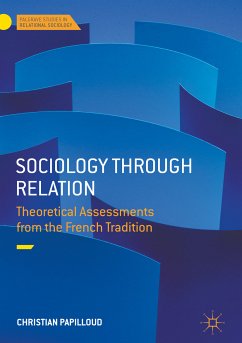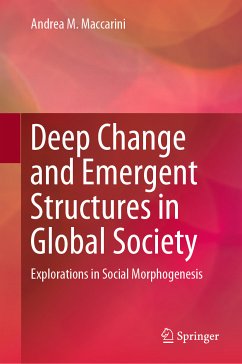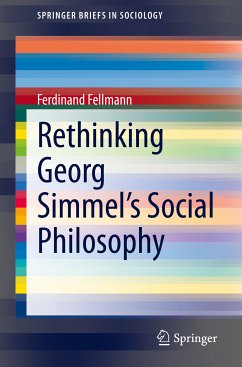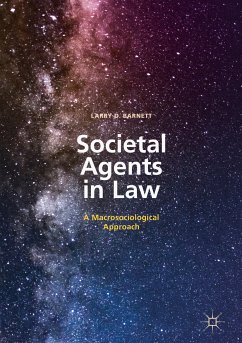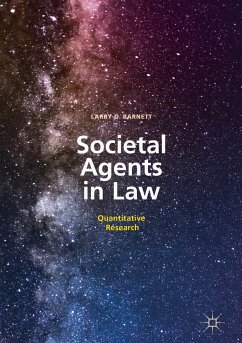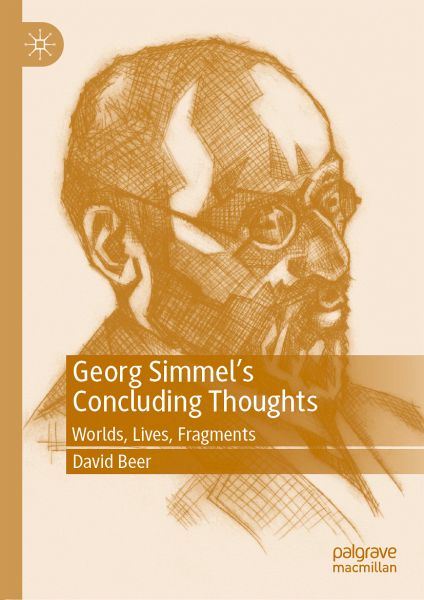
Georg Simmel's Concluding Thoughts (eBook, PDF)
Worlds, Lives, Fragments
Versandkostenfrei!
Sofort per Download lieferbar
40,95 €
inkl. MwSt.
Weitere Ausgaben:

PAYBACK Punkte
20 °P sammeln!
This book draws upon the work of Georg Simmel to explore the limits, tensions and dynamism of social life through a close analysis of the works produced in the final years of his life and reveals what they might still offer some 100 years later. Focusing on the relationships between worlds, lives and fragments in these works, David Beer opens up a conceptual toolkit for understanding life as both an individual experience and as a deeply social phenomenon. Taking the reader through artistic and musical forms of inspiration, to the problems of culture and on to the conceptual understanding of li...
This book draws upon the work of Georg Simmel to explore the limits, tensions and dynamism of social life through a close analysis of the works produced in the final years of his life and reveals what they might still offer some 100 years later. Focusing on the relationships between worlds, lives and fragments in these works, David Beer opens up a conceptual toolkit for understanding life as both an individual experience and as a deeply social phenomenon. Taking the reader through artistic and musical forms of inspiration, to the problems of culture and on to the conceptual understanding of lived experience, the book illuminates the richness of Simmel's ideas and thinking. This sophisticated dialogue with Simmel's lesser known later works will provide fresh insights for students and scholars of cultural and social theory and pave the way for a reinvigorated engagement with his ideas.
Dieser Download kann aus rechtlichen Gründen nur mit Rechnungsadresse in A, B, BG, CY, CZ, D, DK, EW, E, FIN, F, GR, HR, H, IRL, I, LT, L, LR, M, NL, PL, P, R, S, SLO, SK ausgeliefert werden.




